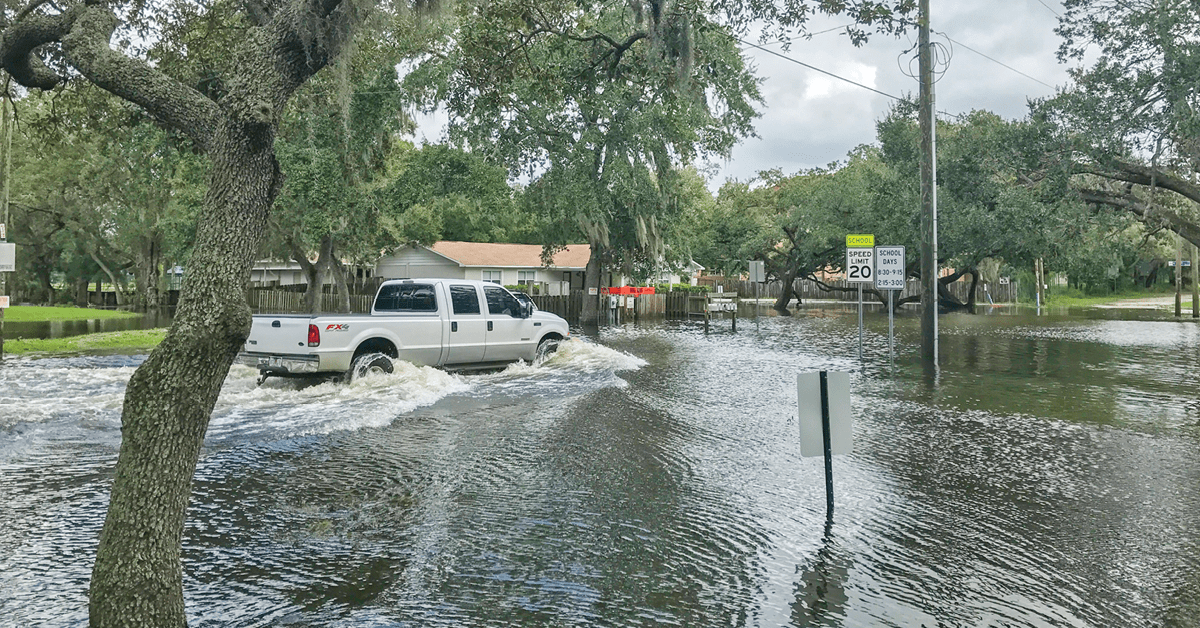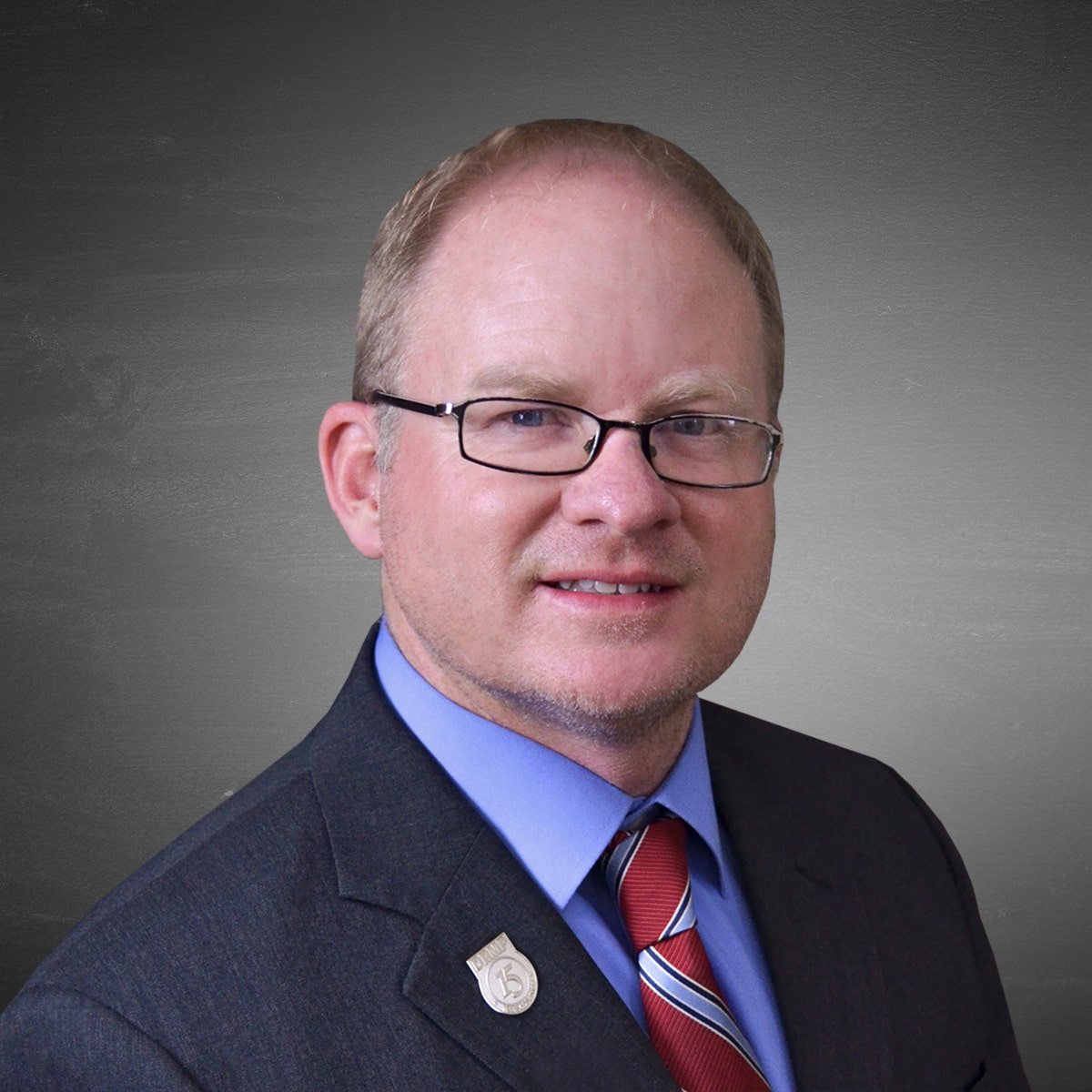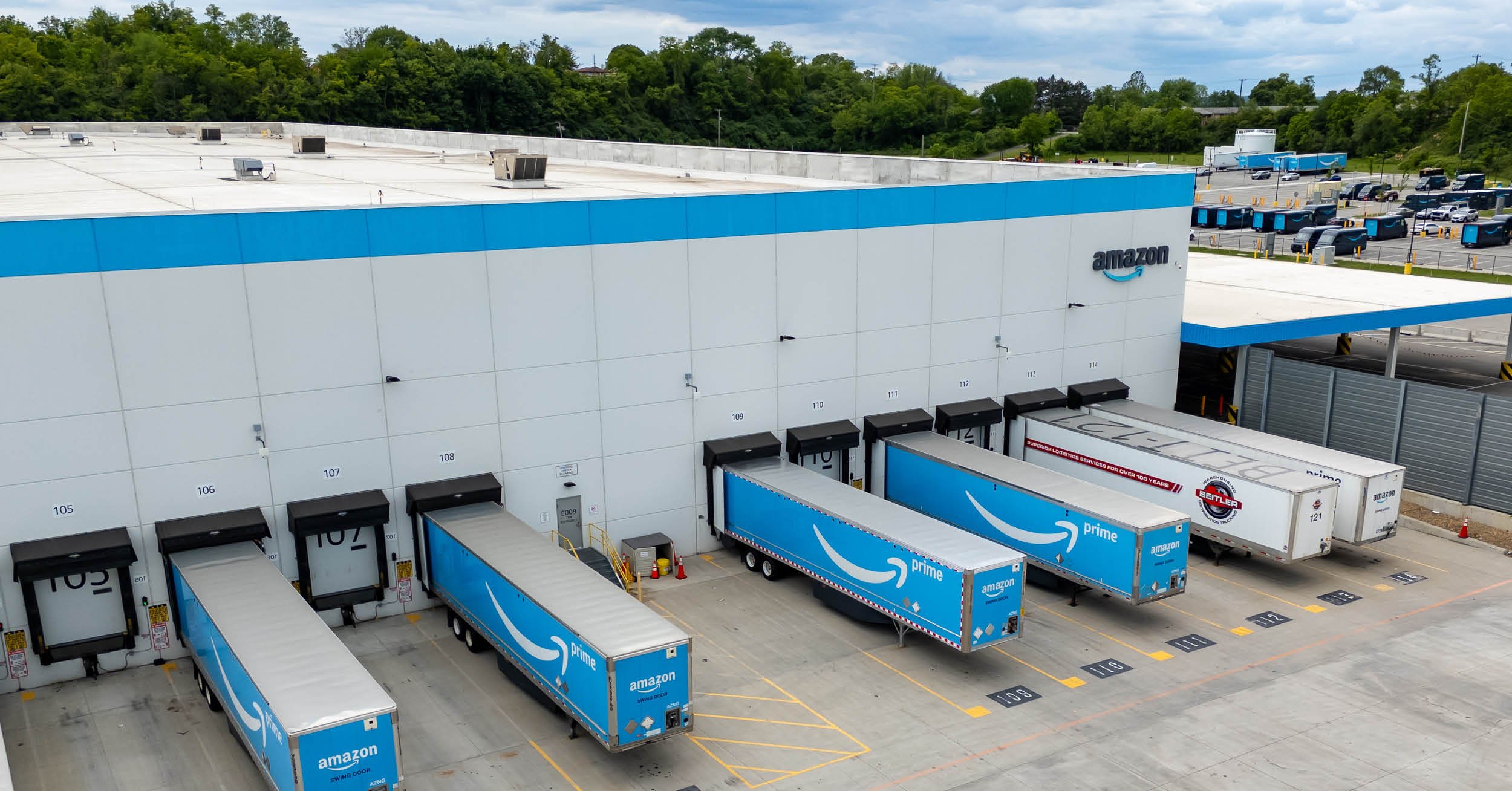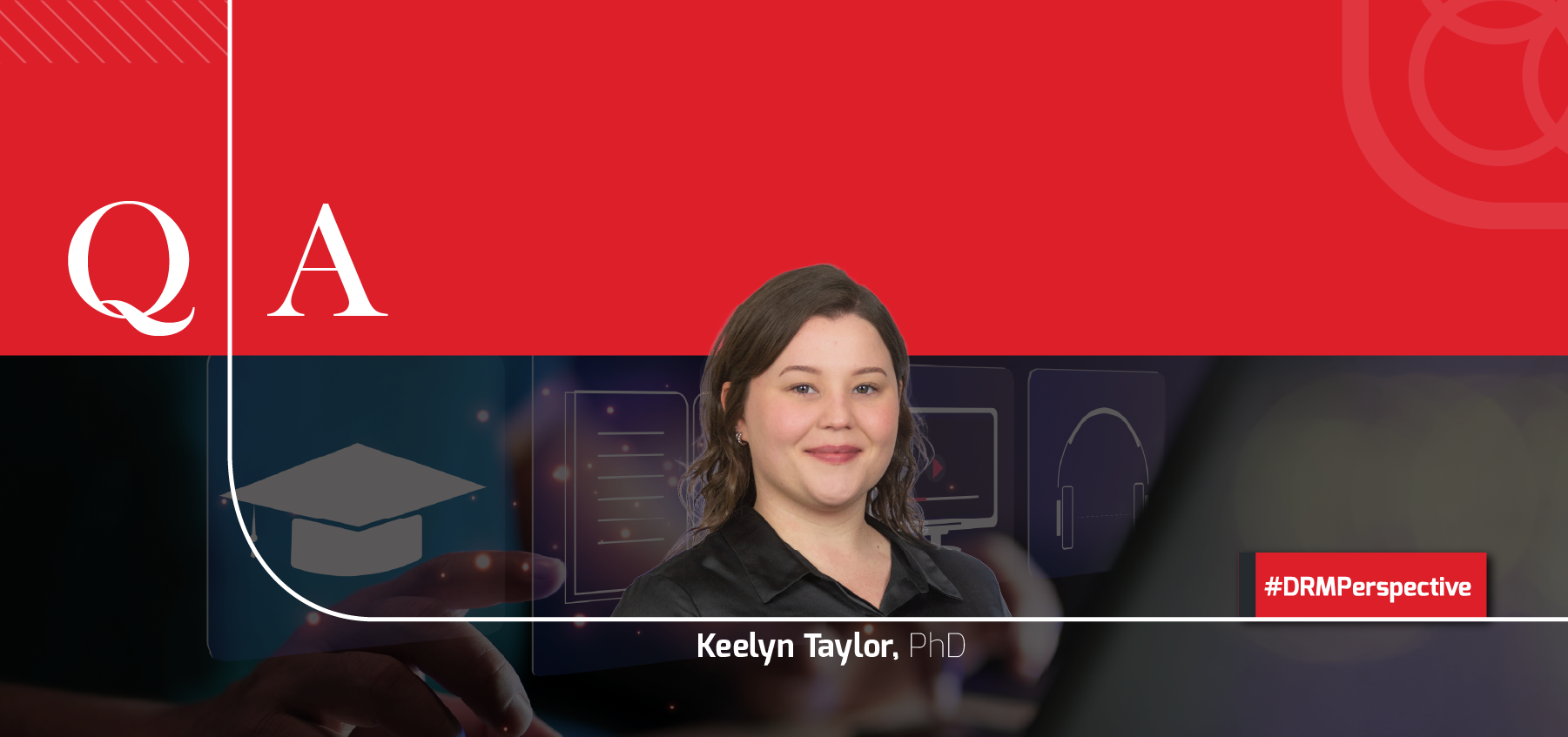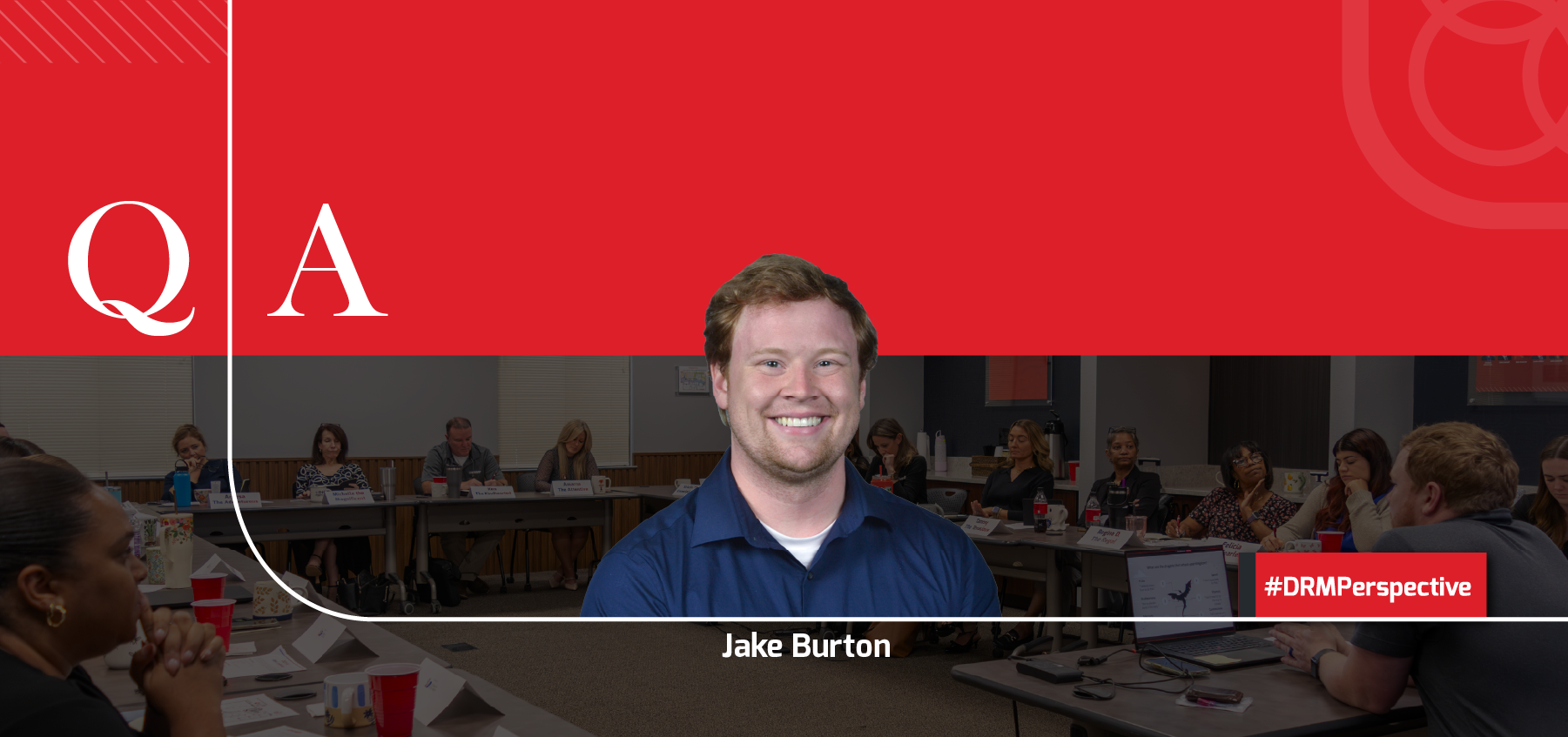Florida Gov. Ron DeSantis on June 28, 2024, signed the Statewide Stormwater Rule Ratification Bill (SB 7040) into law, which introduces new regulations designed to improve water quality and stormwater infrastructure across the state.
These regulations come at the recommendation of the Florida Department of Environmental Protection (DEP) and will require engineers to engage in more complex water quality calculations and develop creative problem-solving design to meet the heightened standards. DRMP’s experts are well-equipped and prepared to assist clients in complying with these new requirements.
Pre-existing projects, which were granted state approval for their stormwater management plans, are exempt from many of the new standards.
The Clean Waterways Act, enacted in 2020, seeks to reduce nutrient pollution from diverse sources, including agriculture, septic systems, and stormwater runoff. Complementing this, SB 7040 zeroes in on stormwater management by introducing updated regulations focused on curbing nutrient pollution from stormwater—a significant factor in Florida's water quality issues.
According to the DEP, stormwater pollution is one of the largest contributors of nutrient contamination in Florida.
Tackling the Challenges of New Regulations
The new statewide stormwater rule has become a significant issue because it requires development to address a complex water pollution problem. The stormwater management community supports the rule to help improve water quality. However, contractors, developers, local municipalities, and the Florida Department of Transportation (FDOT) have concerns about increased costs for infrastructure projects due to the potential need for more right-of-way and larger ponds to meet the new stormwater requirements.
Fewer projects may be undertaken because additional funds will be required to acquire the necessary right-of-way, which is one of the most expensive components of roadway projects. For engineers, this means more calculations and a need for innovative solutions to achieve the desired level of stormwater treatment.
There are various methods to clean stormwater, such as wet ponds and dry ponds, and other stormwater tools. Our role in assisting clients involves identifying the required right-of-way and determining how to acquire it while ensuring it meets hydraulic and water quality requirements. This will necessitate a more comprehensive and innovative approach to our engineering solutions.
The challenge isn't in the engineering itself, but in the time and creativity needed to get the calculations and permits correct. We will need to adopt more thoughtful approaches to save right-of-way, such as using ditch treatment and bio-activated material (BAM) - an engineered soil that removes nutrients. Though BAM is costly, it can be effective when used in pond and ditch bottoms, as seen in some Pinellas County projects.
DRMP stays up to date with the latest stormwater criteria and innovations by active participation in stormwater training in organizations, such as the Florida Stormwater Association (FSA) and the American Society of Civil Engineers’ (ASCE) Environmental and Water Resources Institute (EWRI) seminars. Please contact me or any of our stormwater experts if we can be of service to your project needs.


